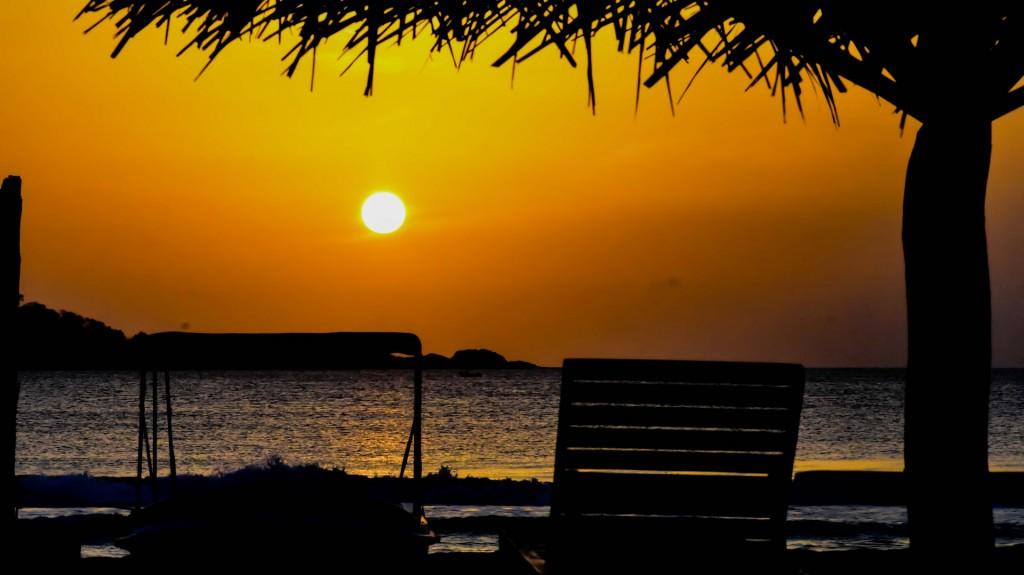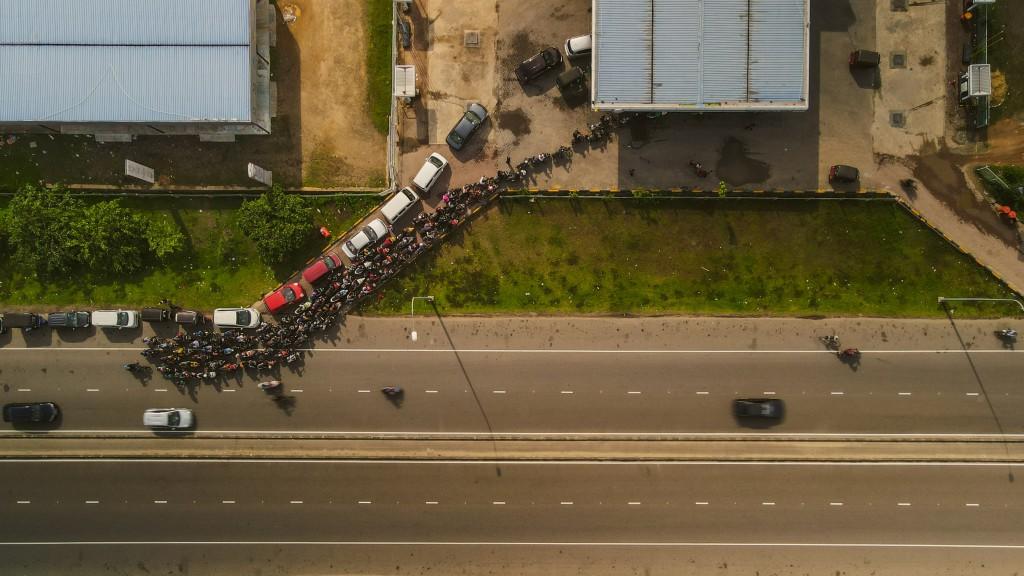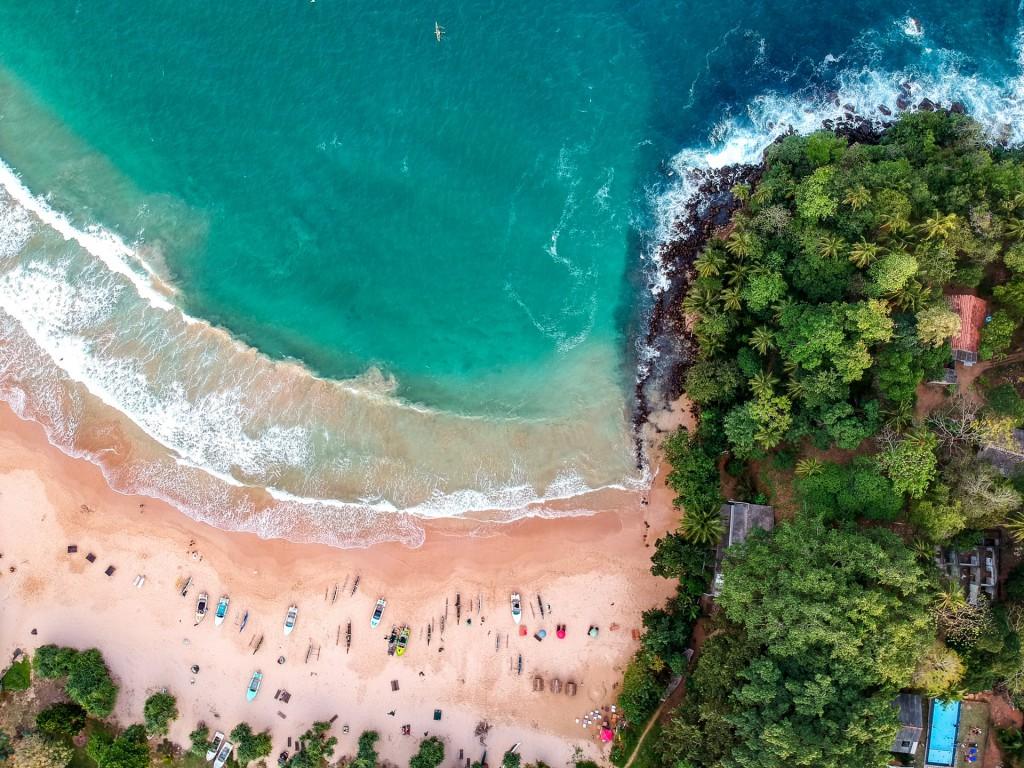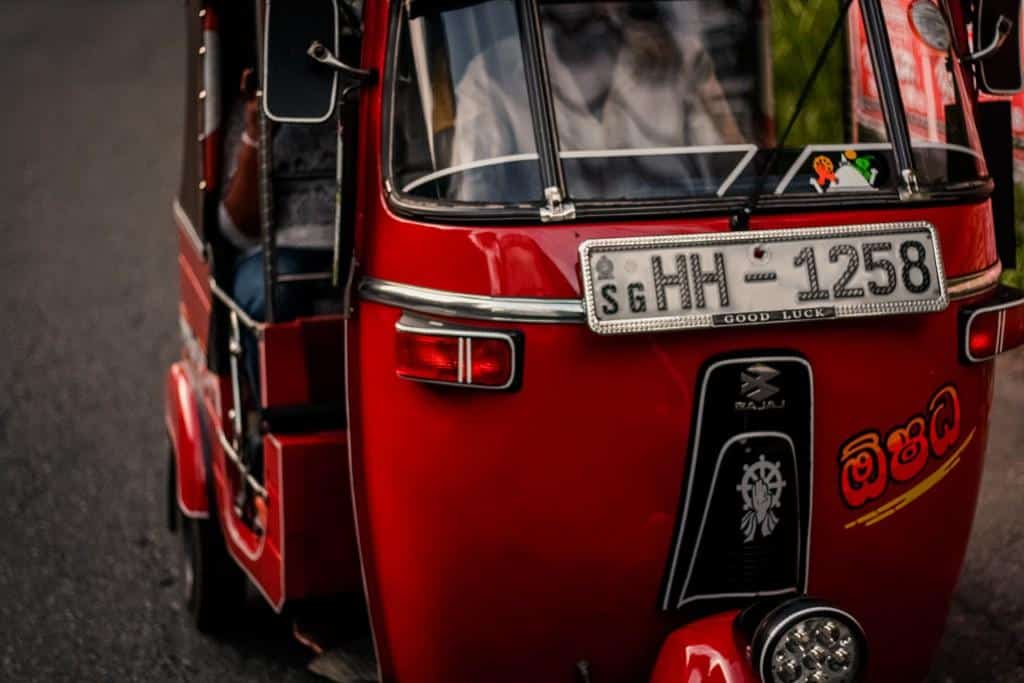Crisis in the island nation as civil unrest over worsening living conditions topples the government.
Non-Sri Lankan nationals are warned to avoid all but essential travel to Sri Lanka as the nation’s economic and political crisis worsens. The economy’s collapse brought hundreds of thousands of protestors to the streets of its capital Colombo and forced the resignations of the prime minister and president, both of whom have fled the country.
A State of Emergency has been declared by the interim president and parliament to quell violence by angry demonstrators frustrated by the cronyism and corruption that has seen the country grind to a standstill.
Shortages of fuel, cooking gas, food and basic medicines are now severely impacting all aspects of daily life with emergency services and hospitals crippled by the crisis.
Essential advice for tourists in Sri Lanka
Tourists that are currently in Sri Lank are advised to follow the instructions of local authorities and to always carry identification and travel documentation. Restrictions on movement may change from day to day, so closely following local media is critical for evaluating the evolving security situation.
Under no circumstances is it advisable to attend any demonstration or protest events, and crowded places should be avoided wherever possible. All foreign nationals in Sri Lanka, whether tourists or residents, are urged to register their details with their embassy in Colombo, or New Delhi if no local diplomatic mission is present.

No fuel, no country
Like many other nations, Sri Lanka imports 100% of its fuel and its inability in recent months to pay for imports started the domino effect that has shut down the economy.
First there were the queues of cars at petrol stations that last for days, then cooking fuel came into short supply affecting households across all society. Widespread electricity cuts began as fuel supplies ran low then the transport networks essential to food distribution networks collapsed, increasing prices with supply unable to match demand.
Until a few months ago Sri Lanka was seen as a model for other southeast Asian nations. After the civil war ended in 2009, the government embarked on major infrastructure programmes to rebuild and modernise Sri Lanka and to many international creditors the strategy was working.
However, the high-risk borrowing has all gone wrong over the past two years with agricultural production falling dramatically after a mandated shift to organic farming (restrictions on pesticides), the impact on tourism following the terror attack in Easter 2019 and Covid (a loss of 10% of GDP), and the Russia/Ukraine crisis (halting tea exports and foreign earnings).

What comes next?
The interim government is in negotiations with the International Monetary Fund (IMF) for a bail out that should be concluded by the end of July and allow fuel, food and medicine imports to ease the crisis.
However, the movement that brought about the downfall of the Rajapaksa government – citing mismanagement and corruption for the nation’s problems – are angry that the interim president
Ranil Wickremesinghe is not sufficiently distant from the flaws and cronyism of the previous https://www.battleface.com/blog/wp-content/uploads/2023/08/Partners-showcase-2.jpgistration. So too are the IMF. Political corruption was a major contributor of the nation’s wealth being squandered and complicates the prospect of financial relief for Sri Lanka.

A divided nation united for change
Sri Lanka is made up of mostly Sinhalese people with minorities of Tamils, Moors, Malays, and some Chinese ethnic groups, sharing Hindu, Buddhist, Islamic and Catholic beliefs that when combined have been sources of social tension and violence over decades-old conflicts.
However, a united struggle against catastrophic living conditions has unified the country as their collective problems can only be resolved by change supported by a cohesive majority.
Sri Lankan politics and power has been dominated for the past 15 years by the dynasty of the Rajapaksa family and removing their influence from the country’s running doesn’t end with their exile. A whole network of MPs, state officials, civil servants and leaders in local authorities may owe their titles and privileges to the former https://www.battleface.com/blog/wp-content/uploads/2023/08/Partners-showcase-2.jpgistration and most citizens want the complete removal of all acolytes of Rajapaksa in sweeping amendments to governance









